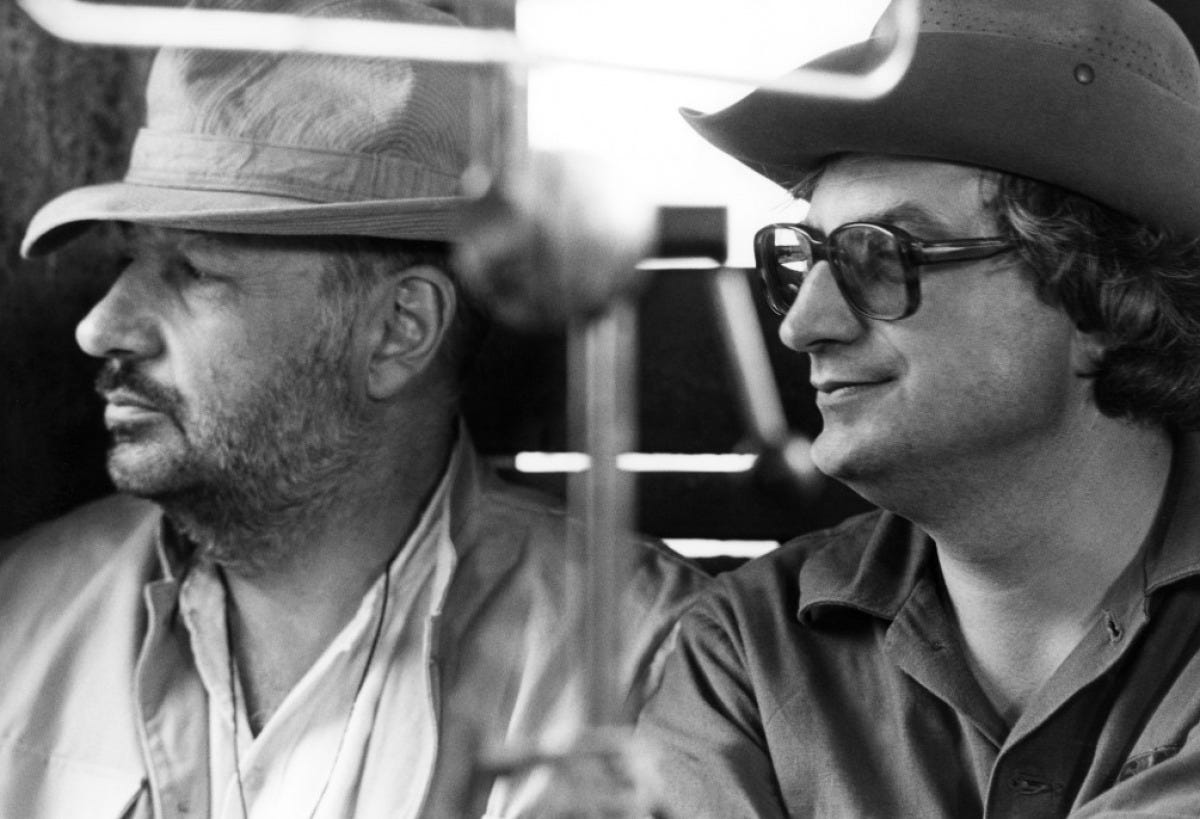Bertrand Tavernier and "Imperfect" Films
A brief tribute to the celebrated director, who died in March
As 2021 shuffles to a close, I’m still feeling melancholy about the death of Bertrand Tavernier, a gifted director and a cinephile's cinephile, who did so much to promote and preserve pre-1960 films. Several friends of mine knew Tavernier as a charming person and a good friend. I wish I had, too.
I saw some of his own best works, including The Clockmake…

